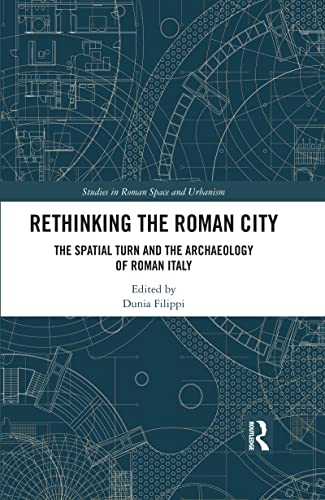

Most ebook files are in PDF format, so you can easily read them using various software such as Foxit Reader or directly on the Google Chrome browser.
Some ebook files are released by publishers in other formats such as .awz, .mobi, .epub, .fb2, etc. You may need to install specific software to read these formats on mobile/PC, such as Calibre.
Please read the tutorial at this link: https://ebookbell.com/faq
We offer FREE conversion to the popular formats you request; however, this may take some time. Therefore, right after payment, please email us, and we will try to provide the service as quickly as possible.
For some exceptional file formats or broken links (if any), please refrain from opening any disputes. Instead, email us first, and we will try to assist within a maximum of 6 hours.
EbookBell Team

4.8
84 reviewsThe spatial turn has brought forward new analytical imperatives about the importance of space in the relationship between physical and social networks of meaning. This volume explores this in relation to approaches and methodologies in the study of urban space in Roman Italy.
As a consequence of these new imperatives, sociological studies on ancient Roman cities are flourishing, demonstrating a new set of approaches that have developed separately from "traditional" historical and topographical analyses. Rethinking the Roman City represents a convergence of these different approaches to propose a new interpretive model, looking at the Roman city and one of its key elements: the forum. After an introductory discussion of methodological issues, internationally-know specialists consider three key sites of the Roman world – Rome, Ostia and Pompeii. Chapters focus on physical space and/or the use of those spaces to inter-relate these different approaches. The focus then moves to the Forum Romanum, considering the possible analytical trajectories available (historical, topographical, literary, comparative and sociological), and the diversity of possible perspectives within each of these, moving towards an innovative understanding of the role of the forum within the Roman city.
This volume will be of great value to scholars of ancient cities across the Roman world, well as historians of urban society and development throughout the ancient world.